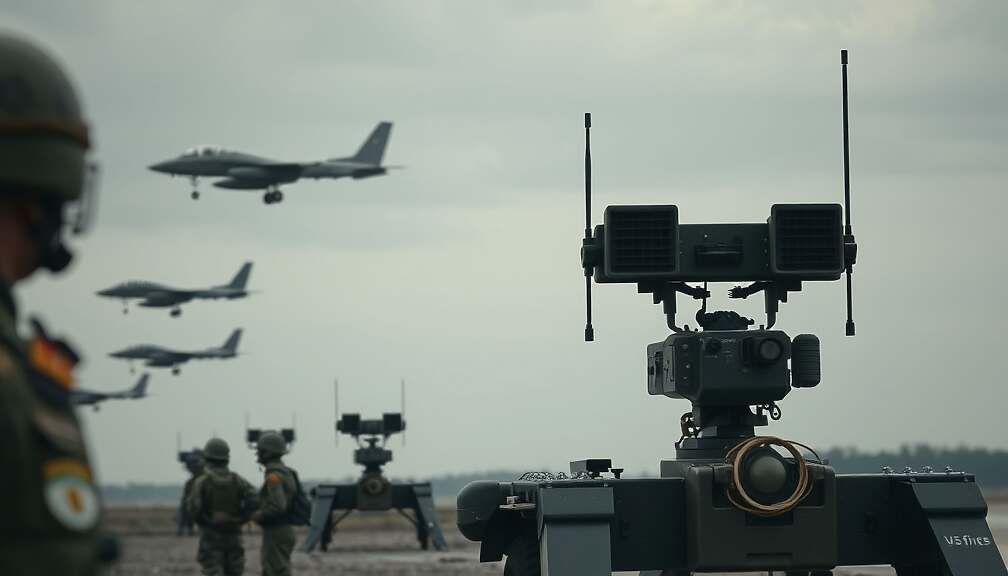The German Armed Forces’ Inspector General, Carsten Breuer, has signaled a departure from a purely reactive posture regarding unauthorized drone incursions into German airspace, prioritizing strategic restraint over immediate kinetic responses. In an interview with the Redaktionsnetzwerk Deutschland (RND), Breuer articulated a policy emphasizing minimizing the adversary’s operational gains while safeguarding Germany’s own capacity for action – a nuanced approach that eschews the automatic deployment of anti-aircraft weaponry.
Breuer explicitly stated that while shooting down drones is a viable option, it presents significant risks. The potential for downed drones and stray ammunition to inflict collateral damage, especially in proximity to urban areas, is a primary concern. Instead, the Bundeswehr is investing in and refining techniques such as electronic jamming to redirect drones, remotely taking control of them, or employing nets to capture them – methods that, according to Breuer, avoid ground-based casualties.
The discussion arrives amidst calls from Interior Minister Alexander Dobrindt (CSU) for the Bundeswehr to provide assistance to civil authorities in countering drone threats. Breuer cautioned against an overly simplistic view of such cooperation, highlighting the fundamentally different mandates of military and civilian agencies. While the Bundeswehr can offer support within its capabilities and resources, the responsibility for domestic security remains with the Interior authorities. He underscored that the military’s primary preparations are geared towards external military threats and utilize corresponding capabilities. Complete security, Breuer acknowledged, is unattainable.
Speaking on the broader security landscape, Breuer observed a discernible increase in hybrid attacks – encompassing cyberattacks, sabotage and airspace violations by drones targeting critical infrastructure like industrial plants and military installations. He characterized this environment as existing “beyond peace, but not yet open warfare” representing a continuum of conflict. Highlighting a significant shift in geopolitical dynamics, Breuer asserted that Russia views warfare as a continuous process, blurring the traditional lines between peace, crisis and conflict, a perspective differing markedly from conventional Western understanding. He concluded by expressing a sober assessment of the current situation, stating he has never encountered a security environment as perilous as the present threat posed by Russia during his 40 years of military service. This sentiment hints at a deeper strategic re-evaluation within the German military regarding the nature of modern conflict and the necessary adaptation of defensive postures.












